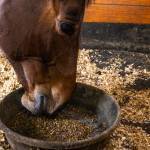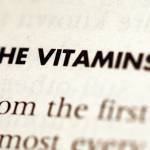Nutrition
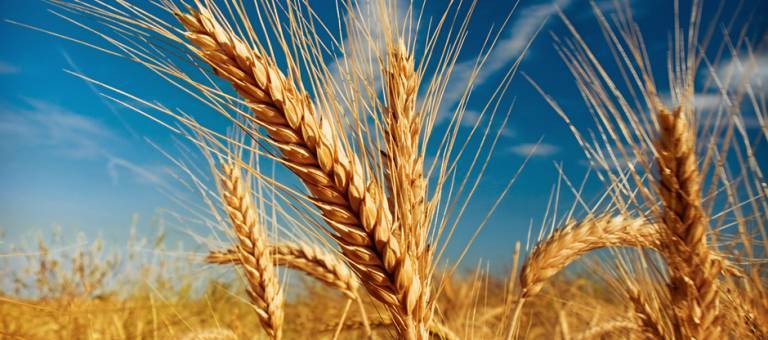
September 05, 2012
Cereal Grains and Byproducts in Horse Feeds
Grains (such as oats, corn, and barley) and grain byproducts (such as wheat bran, wheat middlings, and wheat mill run)
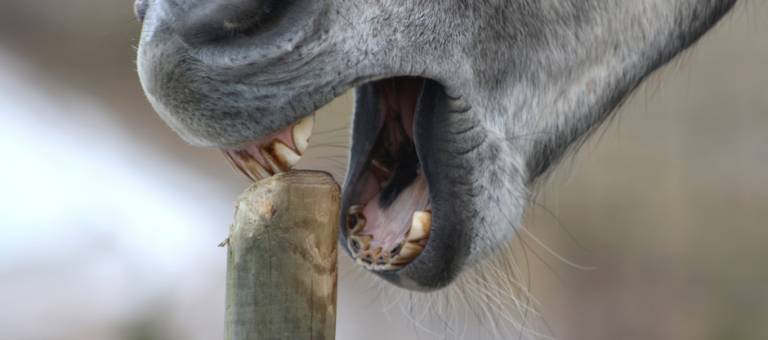
September 04, 2012
Behavior of Stabled Horses Affected by Meal Feeding Frequency and Roughage
Stereotypic behaviors such as wood chewing and cribbing are often displayed by stalled horses but are not usually seen
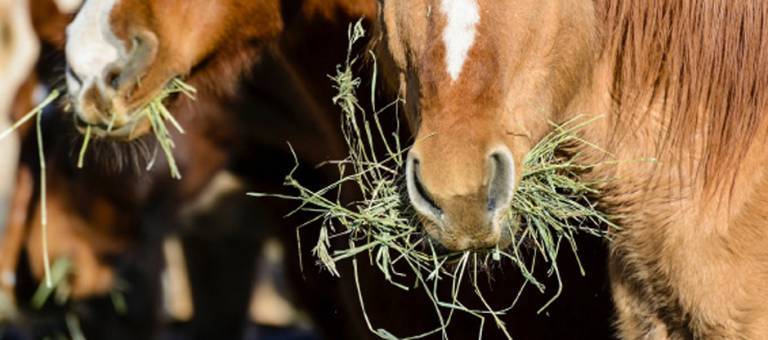
August 29, 2012
Phytoestrogens in Mare Plasma After Ingestion of Legume Products
At a workshop researchers presented their work on absorption of phytoestrogens in mares on clover-mixed pastures and alfalfa (lucerne)
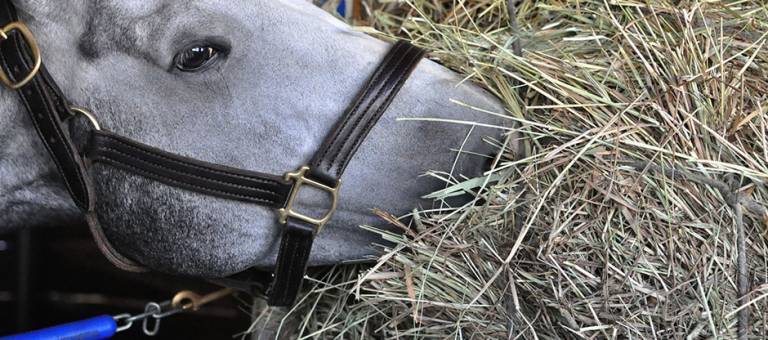
August 24, 2012
Assessing Carbohydrates in Horse Feed
Directly measuring the amount of sugar in the horse’s ration is not easy to do and can be quite expensive. Instead,

August 23, 2012
Forage Intake for Horses
To accurately calculate the contribution that forage makes to the horse’s overall feeding program, forage intake as well as
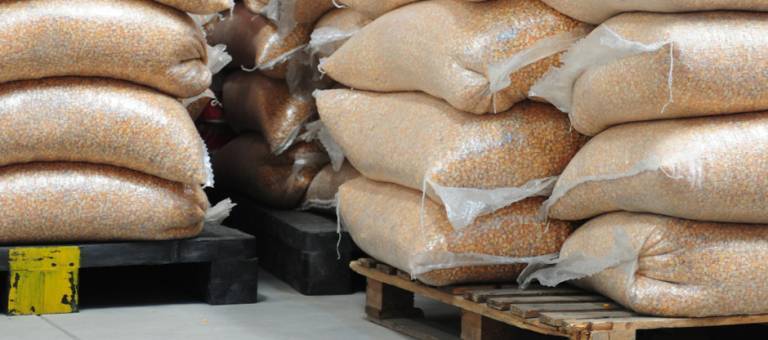
August 21, 2012
Using Barley in Horse Feeds
In the United States, barley ranks behind only corn and sorghum in terms of feed grain production. In general, barley has
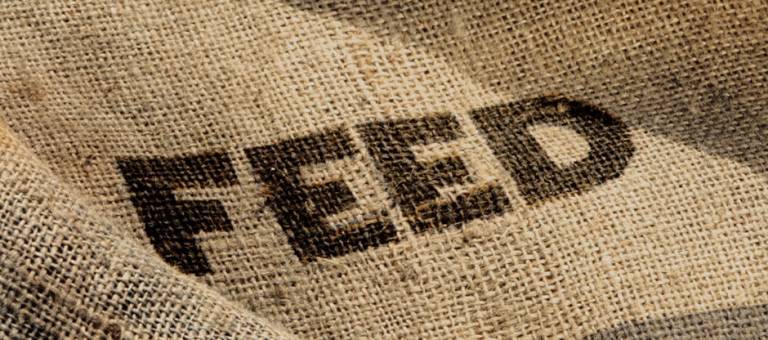
August 16, 2012
Measuring Digestible Energy in Horse Feeds
The energy-producing component of horse feed can be divided into three classes of nutrients: protein, fat, and carbohydrates. These
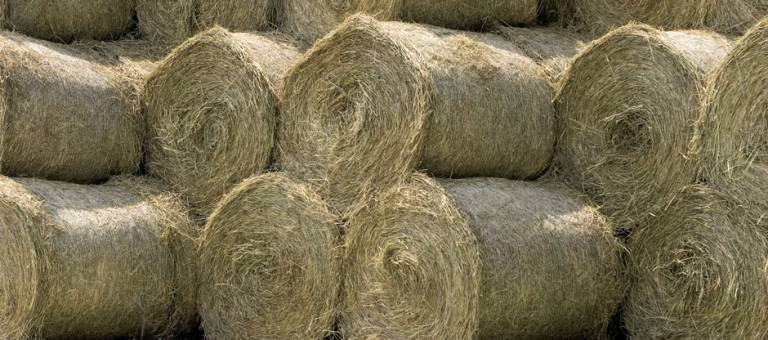
August 15, 2012
Understanding Analysis for Horse Forages
Energy content is expressed as either digestible energy (DE) in calories or joules per kilogram or pound or as
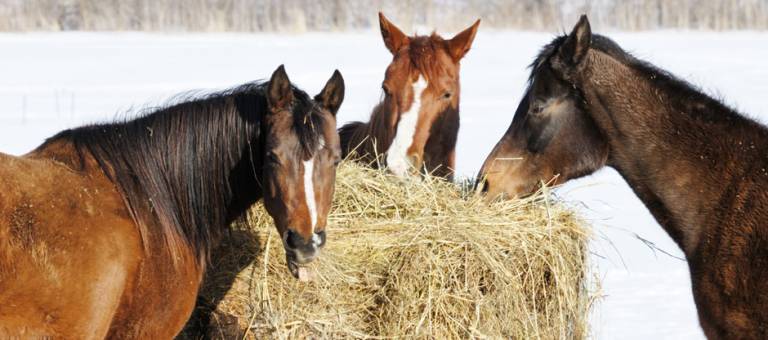
July 30, 2012
Understanding Dry Matter in Forage for Horses
To a nutritionist, dry matter is important as a way to compare the nutritive values of different forages.
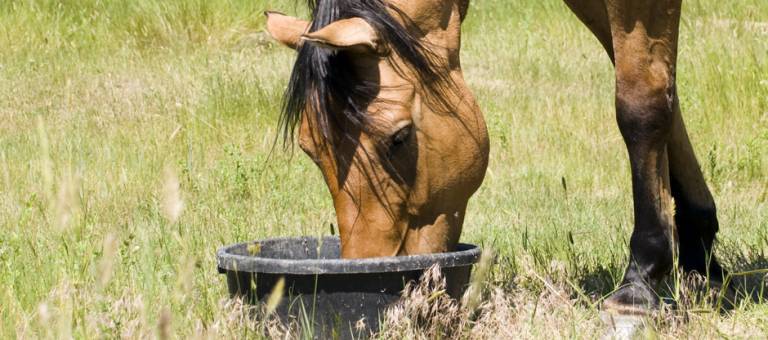
July 27, 2012
Feeding to Prevent Gut Pathology in Horses
Problems are more often due to poor feeding management rather than feed itself.






